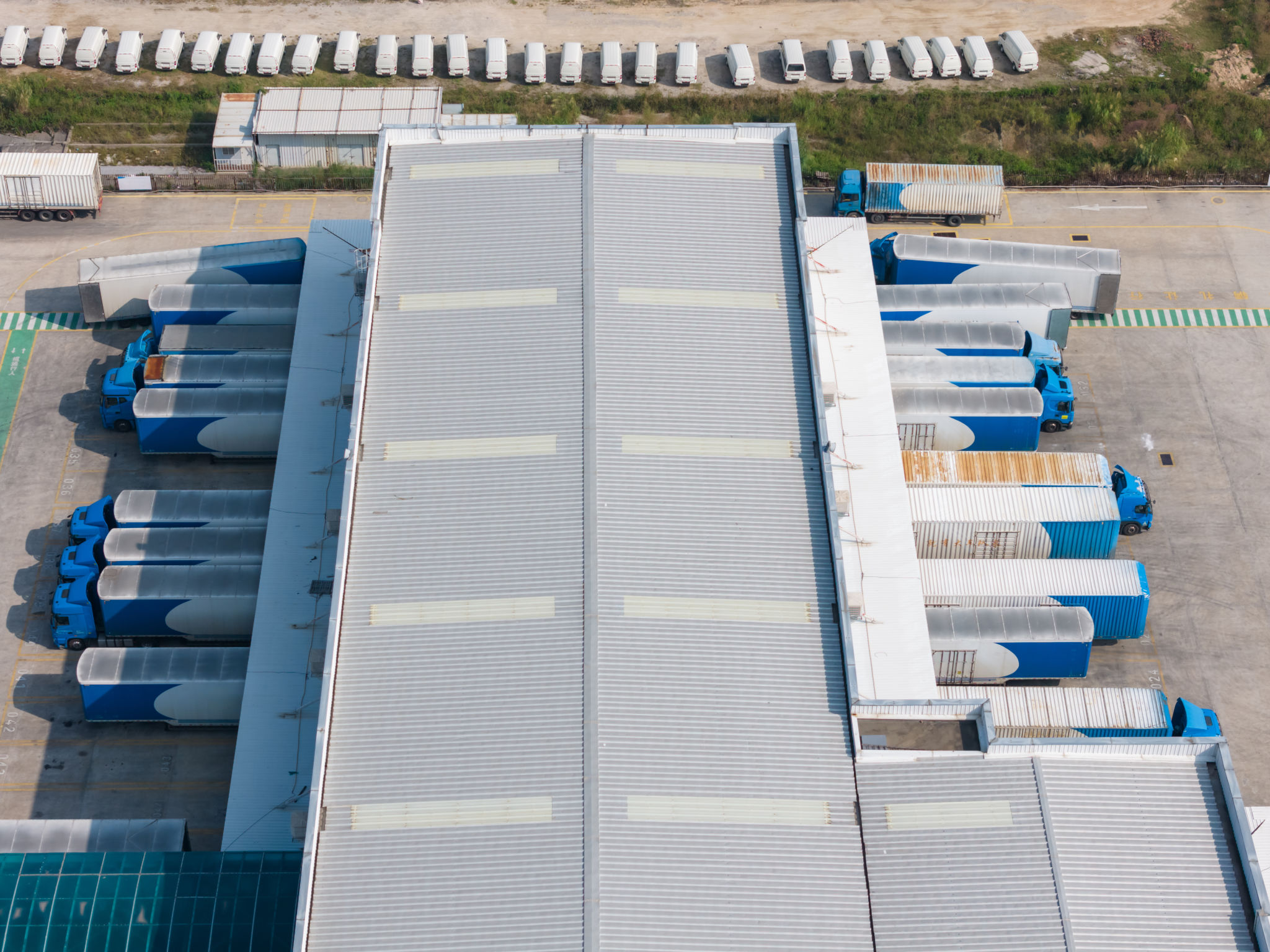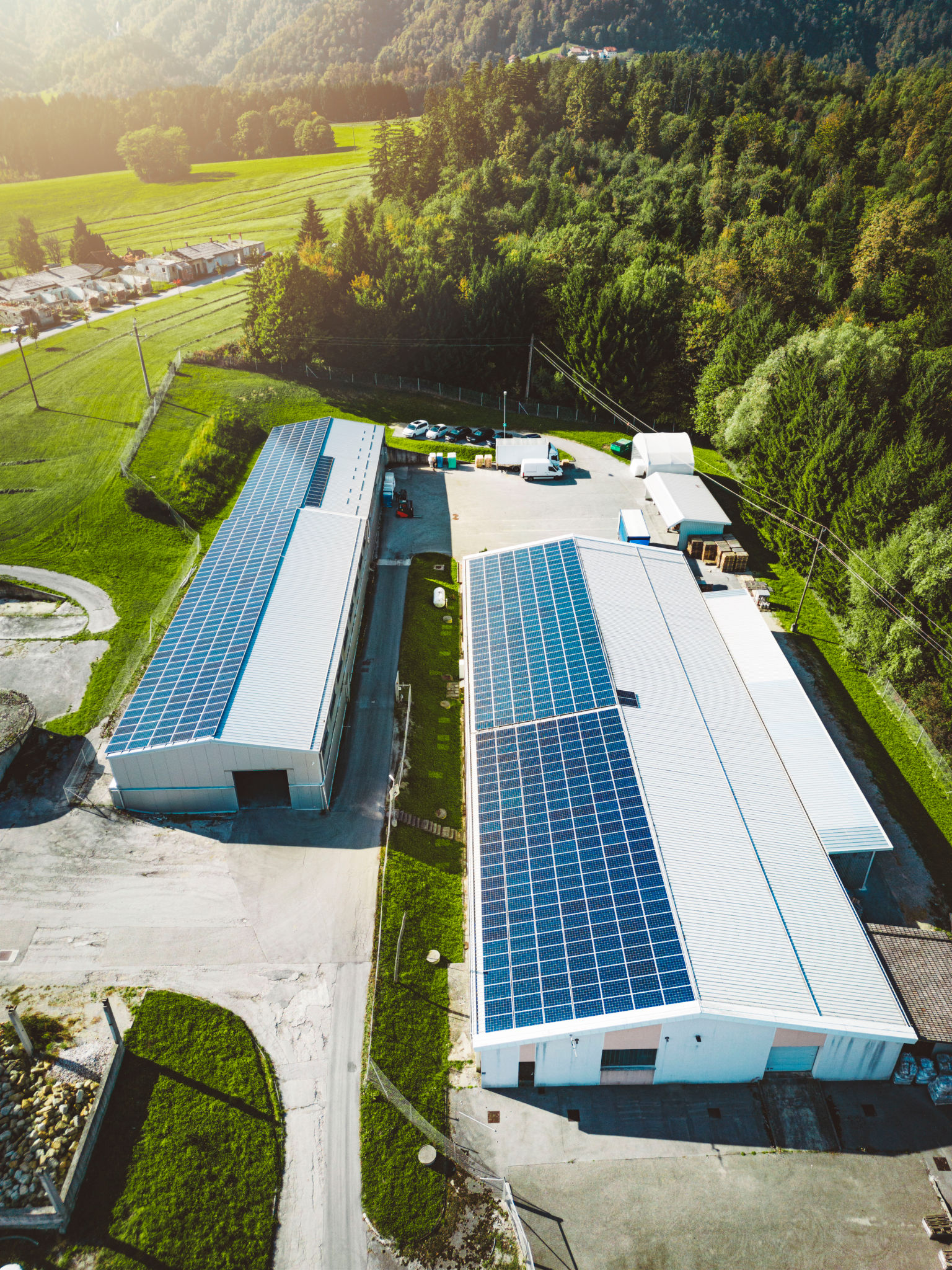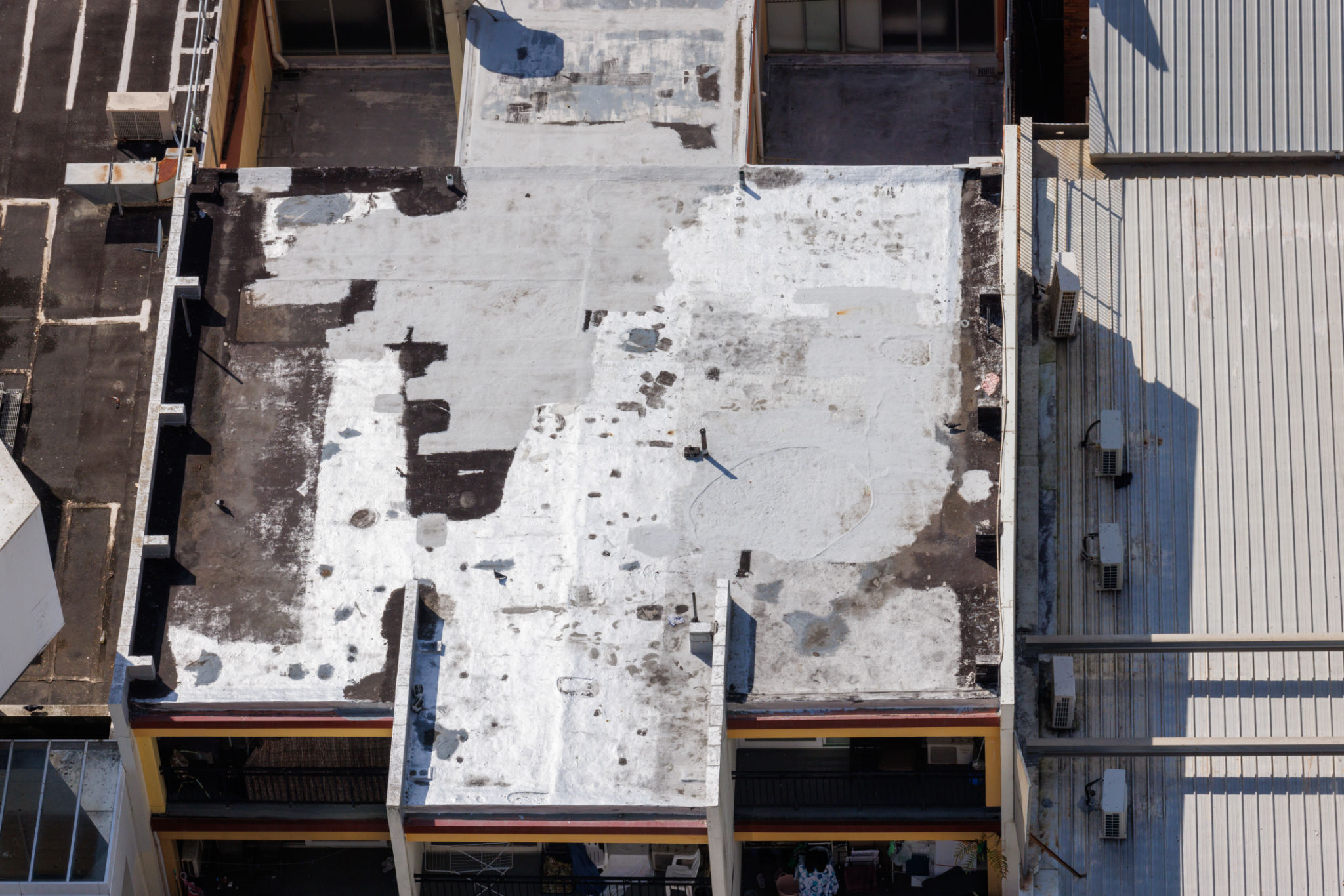Commercial Roofing in New Jersey: Choosing the Right Materials for Your Business
Understanding New Jersey's Climate Challenges
When it comes to commercial roofing, the climate of New Jersey presents unique challenges that business owners must consider. The state experiences a wide range of weather conditions, from hot, humid summers to cold, snowy winters. This variability can significantly impact the longevity and performance of your roofing materials.

It's crucial to choose materials that can withstand these fluctuations. Durability and weather resistance should be top priorities when selecting the right roofing for your commercial property. Let's explore some options that are particularly suited for New Jersey's climate.
Popular Roofing Materials for Commercial Buildings
Metal Roofing
Metal roofing is a popular choice for its strength and durability. It can easily withstand severe weather conditions, including high winds and heavy snow. Metal roofs are also fire-resistant, making them a safe option for commercial buildings.
Additionally, metal roofing is energy-efficient. It reflects solar heat, which can help reduce cooling costs during the sweltering summer months. This type of roofing typically has a long lifespan, often lasting 40 to 70 years, which makes it a cost-effective investment in the long run.

EPDM Rubber Roofing
EPDM (Ethylene Propylene Diene Monomer) rubber roofing is another excellent choice for New Jersey businesses. Known for its flexibility and resilience, EPDM roofing performs well in both hot and cold temperatures. Its synthetic rubber composition is resistant to UV rays, ozone, and weathering.
This material is also lightweight and easy to install, which can help reduce labor costs. Furthermore, EPDM roofs are relatively low maintenance and can last up to 30 years with proper care.
Additional Considerations for Material Selection
Green Roofing Options
As environmental concerns continue to grow, many businesses are turning to sustainable roofing solutions. Green roofs, which include vegetation, offer excellent insulation properties and help reduce urban heat. They also improve air quality and manage stormwater effectively.

While the initial installation cost of green roofs might be higher compared to traditional materials, the long-term benefits and potential tax incentives can offset these expenses. They're an attractive option for businesses looking to enhance their sustainability profile.
Cost vs. Longevity
When selecting a roofing material, balancing cost with longevity is essential. While some materials may have a higher upfront cost, their durability and minimal maintenance requirements can result in significant savings over time. It's important to evaluate the total cost of ownership rather than focusing solely on initial expenses.
Consulting with a professional roofing contractor can provide valuable insights into which materials best suit your specific needs and budget.
The Importance of Professional Installation
No matter which material you choose, professional installation is key to ensuring your roof's performance and longevity. Experienced contractors have the expertise to handle complex installations and address any challenges that may arise during the process.

Proper installation also ensures that warranties remain valid, offering peace of mind that your investment is protected. Make sure to select a reputable contractor with a track record of successful commercial roofing projects.
In conclusion, selecting the right commercial roofing materials in New Jersey requires careful consideration of climate challenges, material properties, and professional installation. By making informed choices, you can ensure that your business is well-protected for years to come.